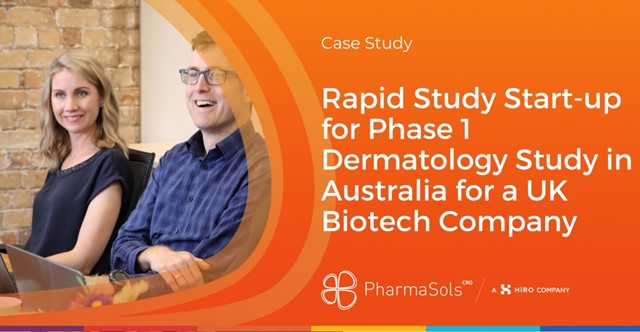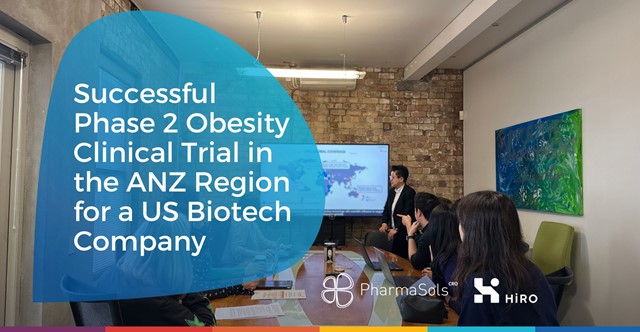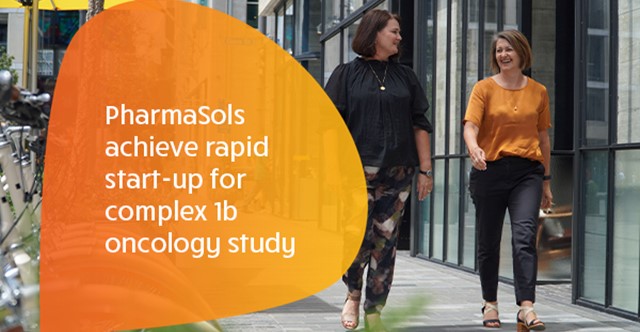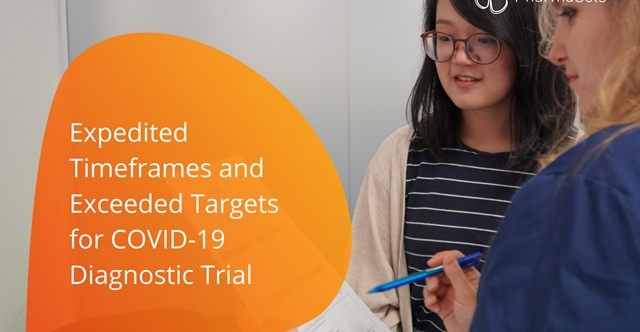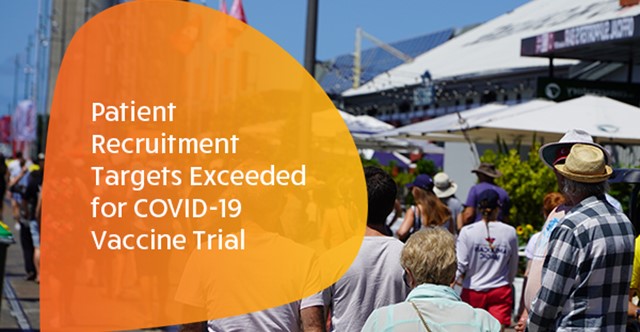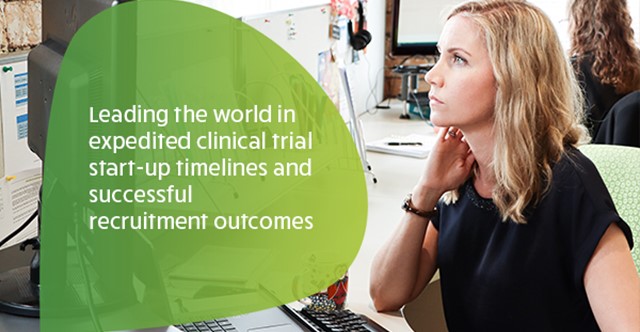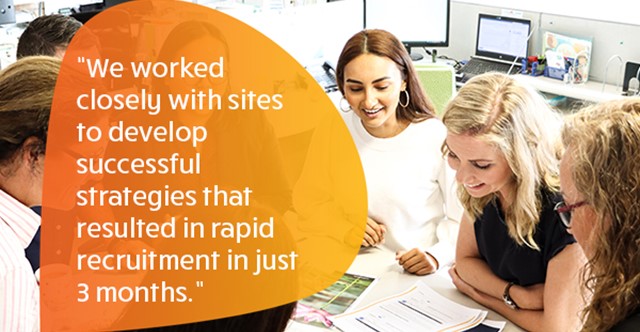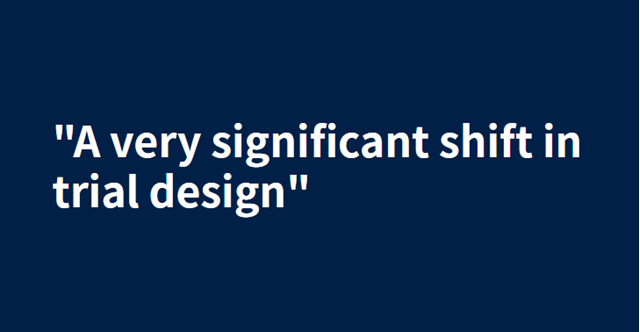22 JULY
Rapid start-up: First SIV in less than 35 days
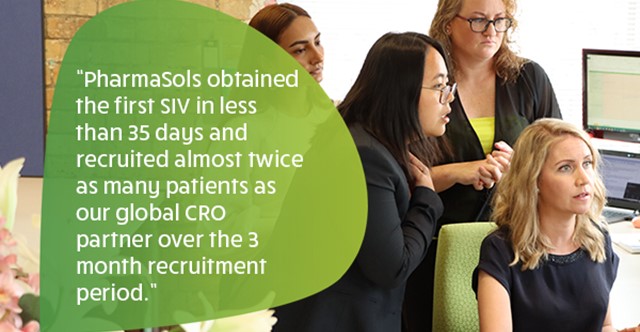
Overview
Faced with a challenging recruitment process, needing to recruit a large number of elderly participants within a tight three-month seasonal recruitment window, a US-based Biotech Company appointed PharmaSols as the NZ CRO for this phase three respiratory clinical trial.
Having previously worked with PharmaSols over a number of trials, the US sponsor knew that the PharmaSols team could deliver on both tight start-up timelines and high recruitment targets. PharmaSols proven record of flexible, rapid, and creative solutions meant we were the ideal CRO partner.
Understanding New Zealand’s centralised ethics and regulatory bodies' processes and timelines, PharmaSols swiftly obtained the necessary Ethics and Regulatory approvals prior to the first site initiation visit (SIV). These short start-up timelines gave us a competitive advantage in recruiting significantly more participants than our global CRO partner across the same number of trial sites.
Challenges
There were several challenges while supporting this study:
• Tight timelines
• Needing to obtain ethics and regulatory approval quickly
• Recruiting a large number of research participants in a short period
• Engaging an elderly population to participate in a research trial
Using established site relationships for successful recruitment
Taking advantage of New Zealand’s diverse participant population, we engaged with trial sites with proven histories of high patient recruitment. We worked closely with these sites to develop successful strategies that recruited over 600 patients within our short three-month timeframe.
We assigned to the trial an experienced team and ensured there was a higher ratio of CRAs to support the trial sites. In keeping with our people-driven approach, we prioritised the sites' needs to maintain patient retention. This meant that part of our criteria for CRA selection was that they needed to be based near the sites, allowing them to respond rapidly to any problems and assist with high recruitment and peaks in monitoring activities.
Outcome
Our innovative approach to challenges like these enabled us to meet our client’s deadline efficiently. PharmaSols obtained the first SIV in less than 35 days and recruited almost twice as many patients as our global CRO partner over the 3 month recruitment period.
Other News
March 2024 (1)
February 2024 (1)
December 2023 (1)
November 2023 (1)
October 2023 (1)
September 2023 (2)
August 2023 (1)
July 2023 (1)
June 2023 (2)
May 2023 (3)
April 2023 (1)
March 2023 (2)
The Go-to region for clinical trials (1)
HiRO – our global advantage, tailored solutions and key partnerships (1) (1)
HiRO – an emerging full-service global CRO (1)
HiRO – Top CRO in APAC 2022 (1) (1)
November 2022 (1)
October 2022 (1)
September 2022 (1)
August 2022 (1)
July 2022 (1)
June 2022 (1)
May 2022 (1)
April 2022 (1)
March 2022 (1)
January 2022 (1)
December 2021 (1)
November 2021 (1)
October 2021 (2)
September 2021 (2)
August 2021 (3)
July 2021 (3)
June 2021 (2)
May 2021 (1)
April 2021 (2)
March 2021 (1)
February 2021 (1)
December 2020 (5)
November 2020 (1)
October 2020 (5)
September 2020 (1)
August 2020 (2)
May 2020 (5)
January 2024 (0)
